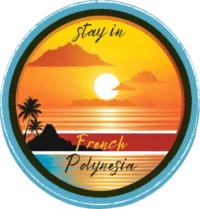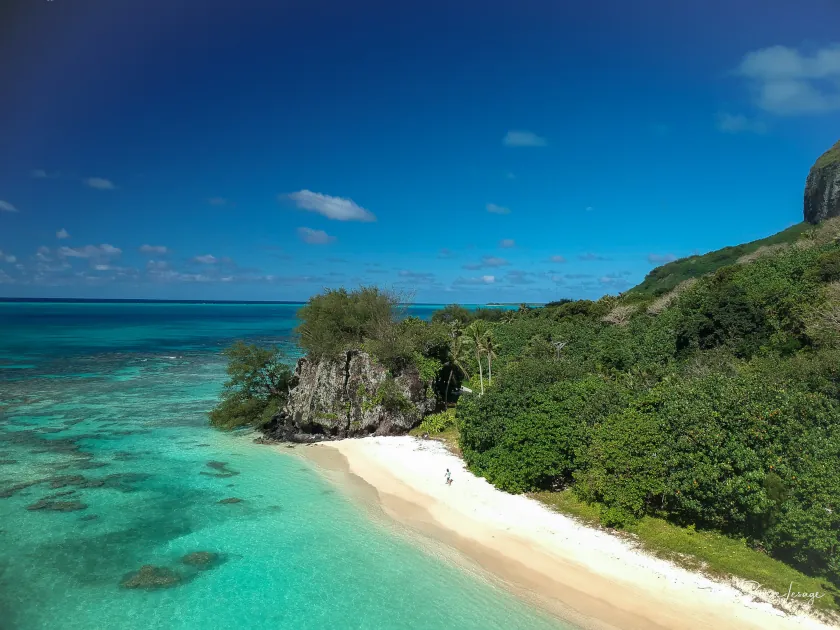
Austral Islands
Welcome to the Austral Islands, a serene and captivating archipelago in the southern reaches of French Polynesia. Known for their unspoiled landscapes, rich cultural traditions, and tranquil atmosphere, the Austral Islands offer a unique escape for travelers seeking to experience the untouched beauty and authentic charm of Polynesia. This archipelago, comprising seven main islands, each with its own distinct allure, invites visitors to explore lush valleys, pristine beaches, and vibrant local cultures. Here, we introduce some of the most visitable islands in the Austral Islands.
Rurutu
Rurutu, the northernmost island of the Austral archipelago, is a land of striking contrasts with its dramatic cliffs, verdant valleys, and hidden caves.
Known as the “Island of Whales,” Rurutu is one of the best places in the world to witness humpback whales, which migrate to its warm waters from July to October.
The island’s rugged landscapes offer excellent hiking opportunities, while its traditional villages provide a glimpse into the rich cultural heritage of the Austral people.
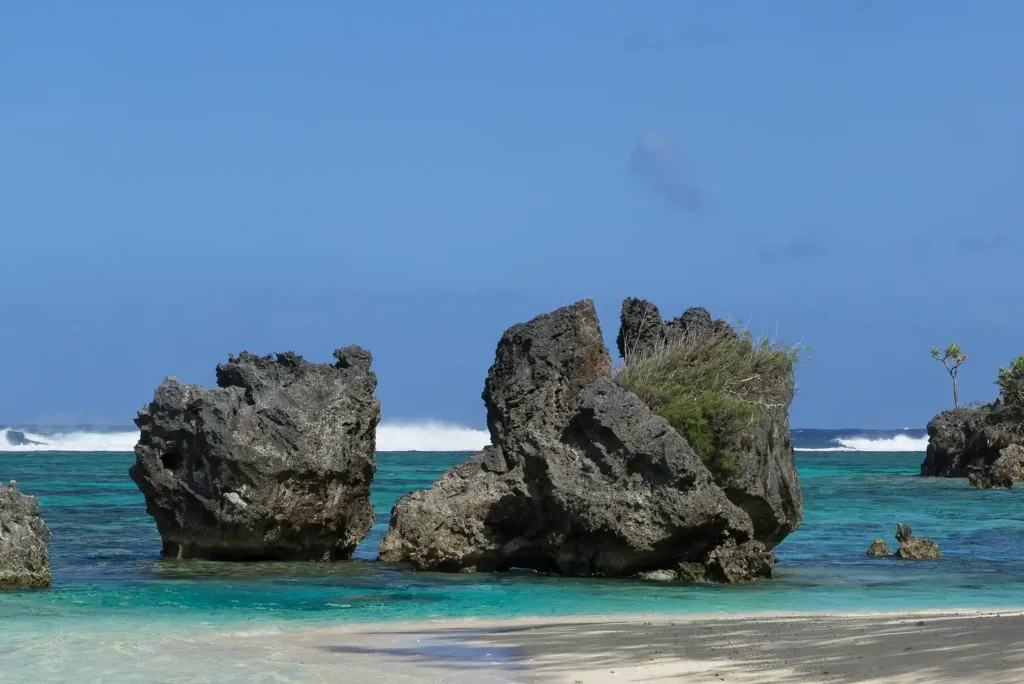
Tubuai
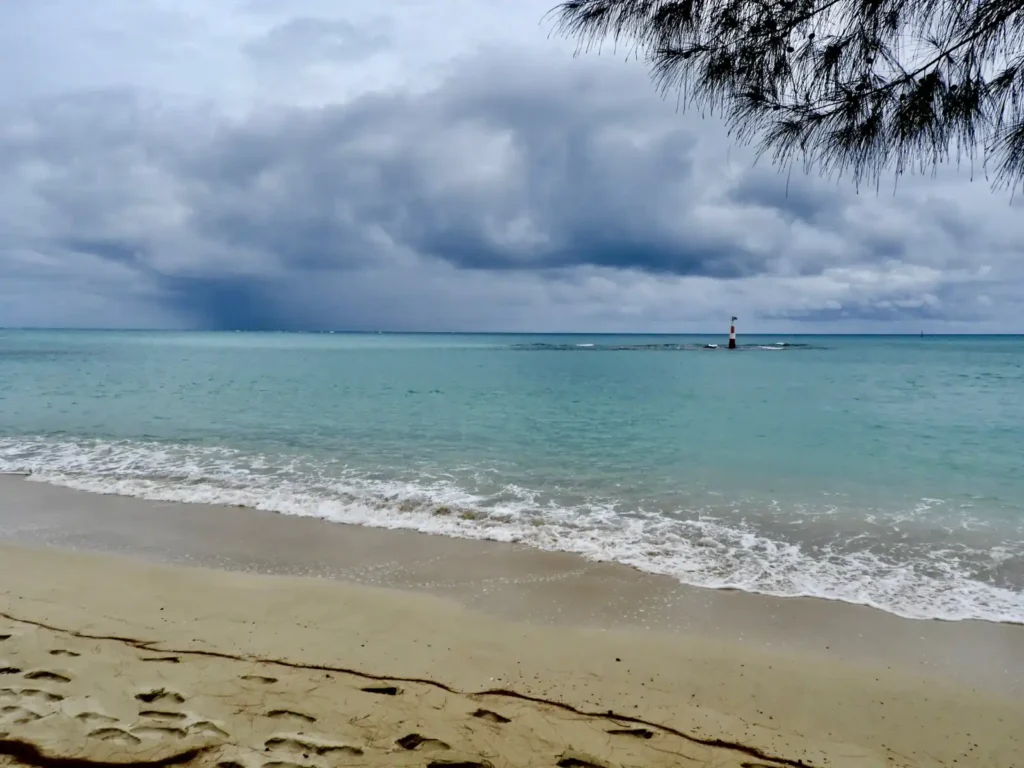
Tubuai, the largest island in the Austral Islands, boasts a diverse landscape of rolling hills, fertile plains, and turquoise lagoons. Its picturesque beaches and crystal-clear waters are perfect for swimming, snorkeling, and kayaking.
Tubuai is also a haven for history buffs, with numerous archaeological sites and ancient marae (sacred places) scattered across the island.
The vibrant local culture comes alive in colorful festivals, where traditional music, dance, and crafts are showcased.
Raivavae
Raivavae, often called the “Bora Bora of the Austral Islands,” captivates with its stunning scenery and tranquil ambiance.
The island is surrounded by a beautiful lagoon dotted with motus (islets), offering idyllic spots for snorkeling, kayaking, and relaxing. Raivavae’s rich cultural heritage is evident in its ancient stone tiki statues and marae.
Visitors can explore these historical sites, hike through lush landscapes, and enjoy the island’s serene beaches.
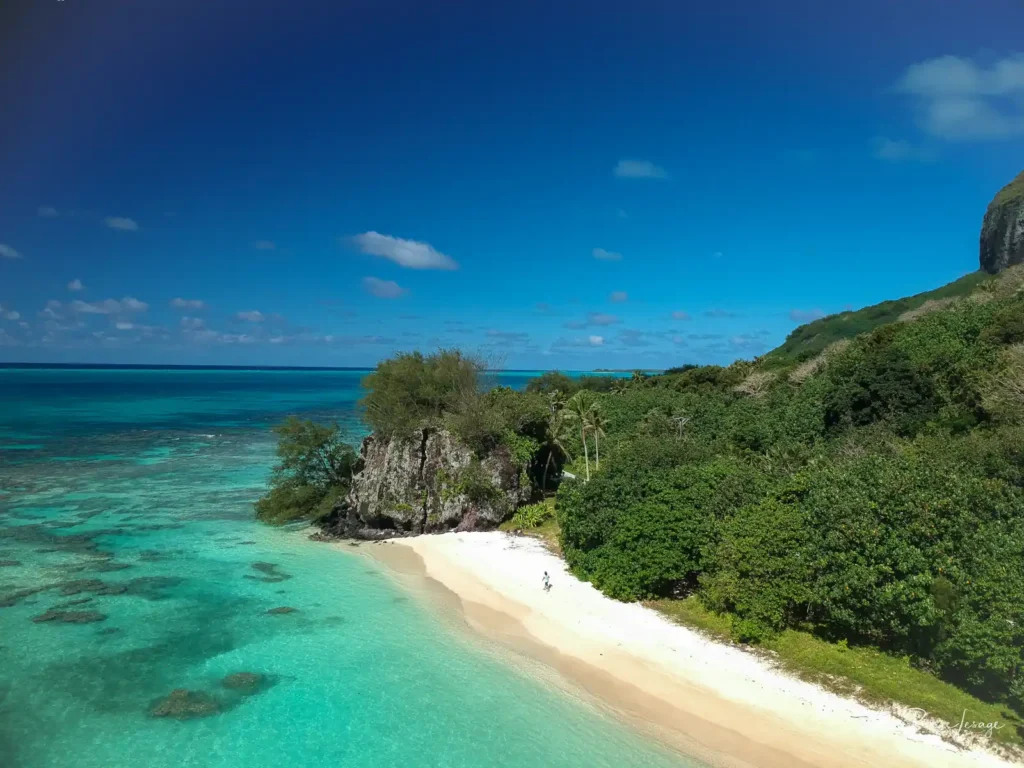
Rapa Iti
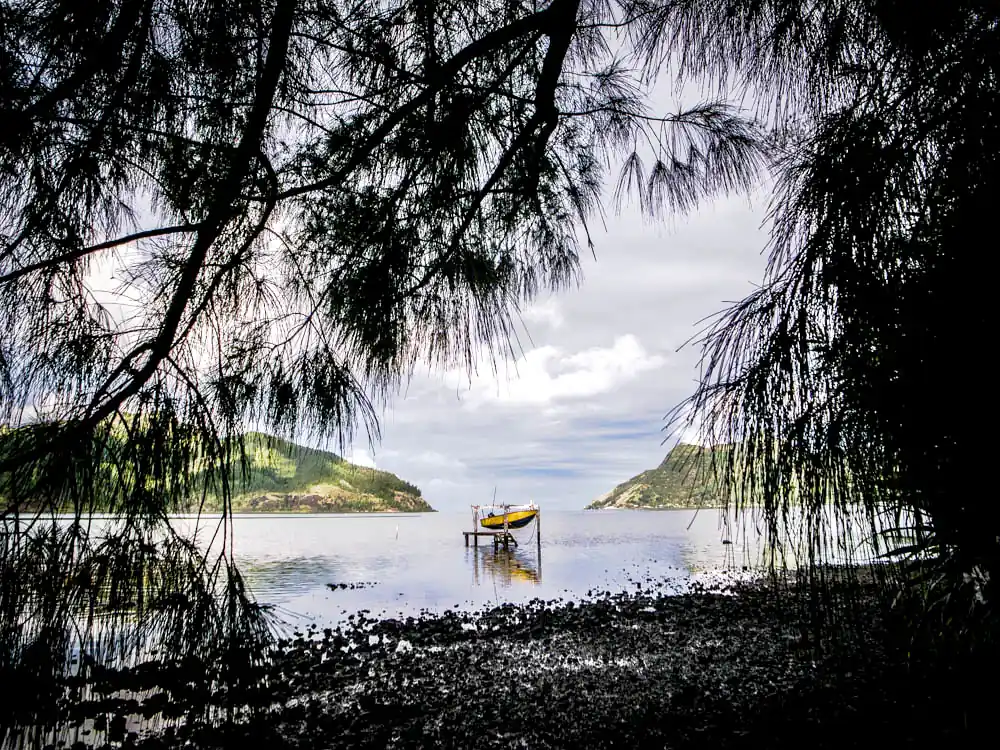
Rapa Iti, the southernmost and most remote of the Austral Islands, is a land of rugged beauty and ancient traditions.
Its dramatic peaks and windswept coasts create a sense of adventure and mystery.
The island’s tight-knit community preserves a way of life that has remained largely unchanged for centuries.
Visitors can explore the island’s fortresses, perched high on mountain ridges, offering breathtaking views and a glimpse into the island’s storied past.
Hiking, cultural tours, and exploring remote beaches are popular activities.
Rimatara
Rimatara, a small and peaceful island, is known for its lush vegetation and traditional Polynesian lifestyle.
The island is a sanctuary for the endangered Kuhl’s lorikeet, a brightly colored parrot that can be seen flitting through the treetops.
Rimatara’s serene beaches and clear waters are ideal for swimming and snorkeling.
Visitors can immerse themselves in the local culture, learning about traditional crafts such as weaving and enjoying the island’s warm hospitality.
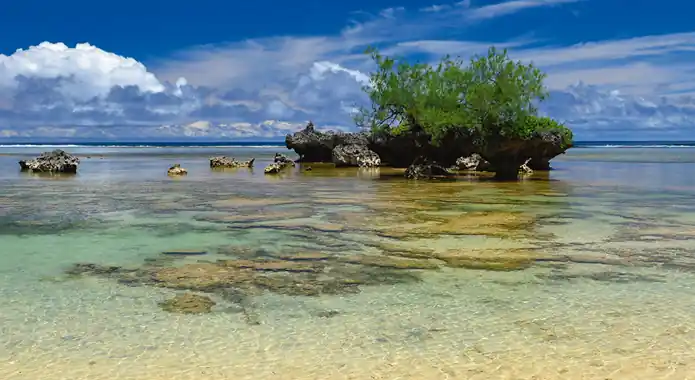
Rapa
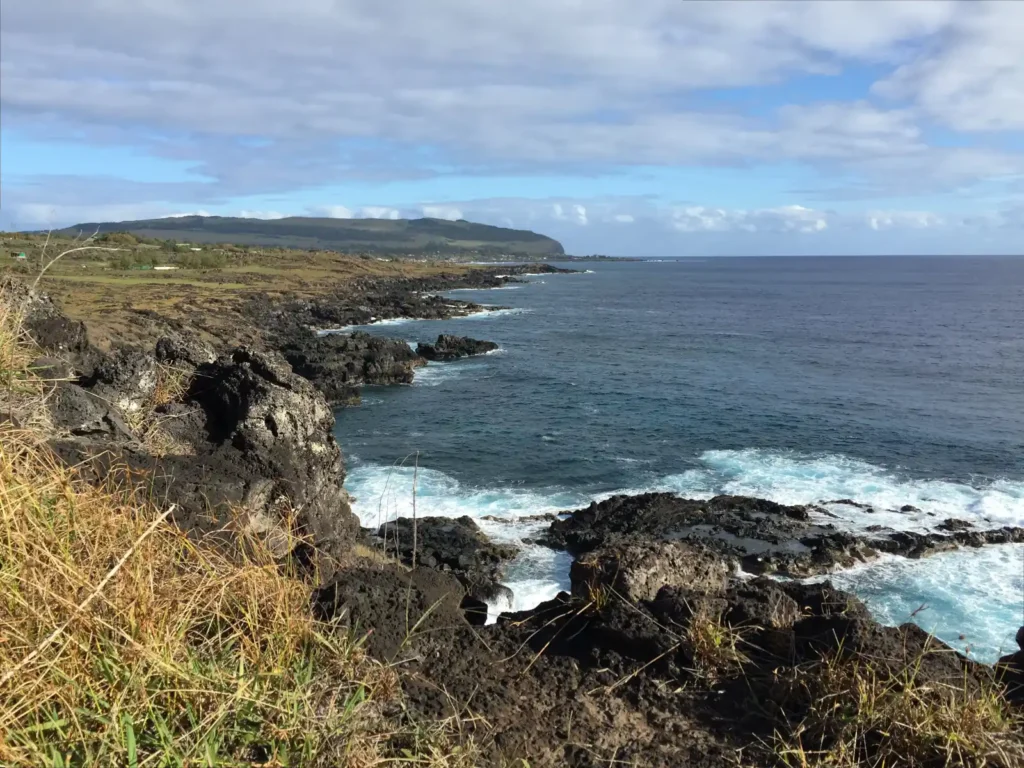
Rapa, often confused with Rapa Iti, is actually a separate island and the main island of the Rapa Iti group.
It features a rugged and dramatic landscape with deep bays and high cliffs.
The island is home to numerous archaeological sites, including ancient stone fortresses known as “pa,” which offer insight into the island’s rich history.
Rapa’s unique culture, characterized by traditional music, dance, and crafts, provides an immersive experience for visitors.
